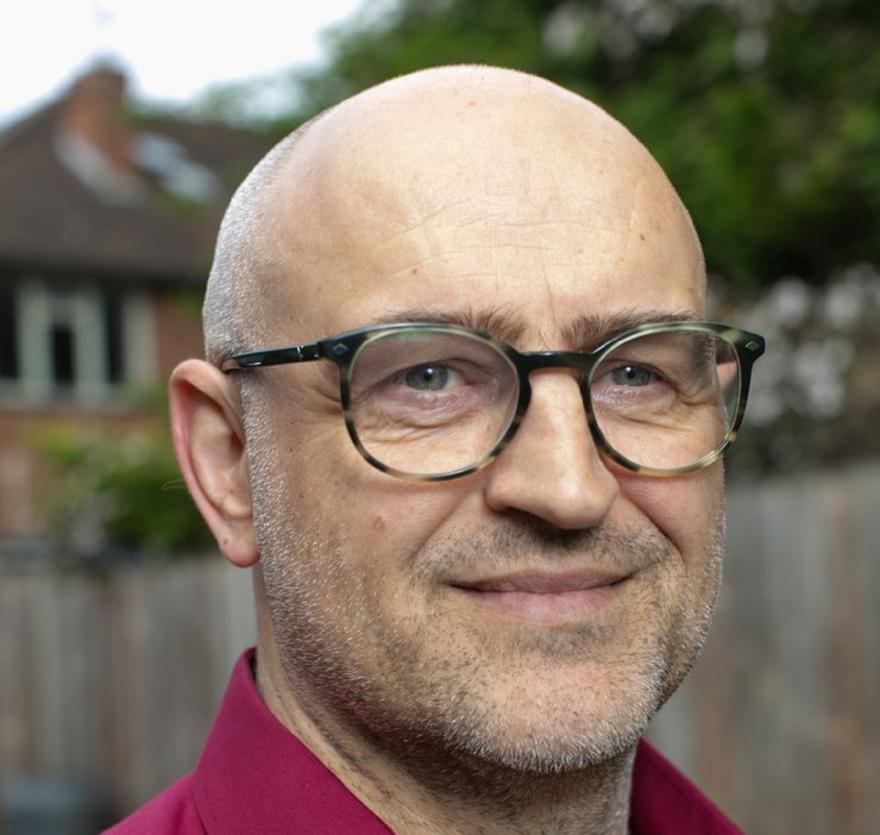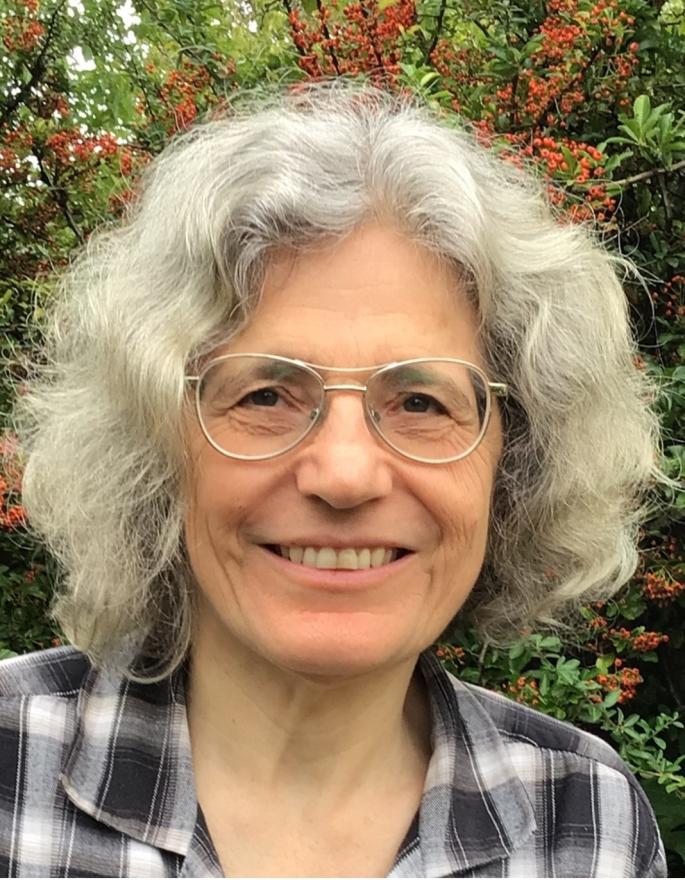Asian and Middle Eastern Studies is a relatively small subject, with an intake of about 50 to 60 students per year. Typically Clare has two to three students a year, a small but friendly and lively group. We welcome applicants from all nationalities and educational backgrounds.
Overview
The minimum offer is A*AA at A-level, or 7 7 6 (42+ overall) from Higher Level subjects in the IB. We may ask that the A*/HL7 be achieved in a specific subject from those you are currently taking. For other qualifications, please see the University entrance requirements page.
None. There is no requirement to have previously studied any Asian or Middle Eastern languages. If you wish to combine with a European language such as French or German, you will need an A-level or equivalent in the European language.
The department suggests that languages and essay-based subjects can provide good preparation for the Asian and Middle Eastern Studies Tripos.
Written work required to apply
Candidates will be asked to submit one school essay before interview, written in English. The essay may be related to the proposed course of study, but since applicants come from a wide variety of subject backgrounds, we do not make specific stipulations. The essay should include teachers' comments, if possible.
Admissions Assessment
Applicants invited to interview who have applied to study a European language with AMES will need to take the Modern Languages Assessment. Further details of the assessment can be found on the University's admissions assessments webpage.
AMES at Clare
Clare has a strong commitment to the study of Asian and Middle Eastern languages. Even though all teaching is arranged centrally by the Faculty, Clare is fortunate in that both the Senior Language Teaching Officer in Arabic and the Professor of Chinese are Fellows of Clare College. This means that students receive guidance and support throughout their degree from Directors of Studies who thoroughly understand the course and its demands.
Visit the University's subject page for more information.
Professor Roel Sterckx's advice for prospective applicants: Asian and Middle Eastern Studies will challenge your views of Western civilization. Not only will you be studying excitingly new and complex languages but, importantly, you will learn how to interpret culture, history, politics, and the world we live in from radically different perspectives. To get a taste of what it means to become a truly global citizen, explore how to “think Chinese” with Roel Sterckx’s Chinese Thought. From Confucius to Cook Ding (Penguin 2020) or discover Japan with David Pilling’s Bending Adversity: Japan and the Art of Survival (Allen Lane, 2014). Or how about checking up on your daily news through a different channel for a change, such as Al Jazeera or Al Arabiya? And why not try a (subtitled) Chinese romance or martial arts movie on Netflix on a Saturday night

I teach and study Chinese and Chinese civilization. Having grown up in a rural community in Flanders, studying China opened up a new world for me. I’m still learning. Since my graduate student days in Taiwan, Beijing and Cambridge I have worked on Chinese cultural history, religion and thought, as well as classical Chinese philology. I am also fascinated by the ways in which the Chinese tradition reinvents itself constantly in the modern age.

Dr Harris did a BA in Arabic and Linguistics at Cambridge University. Her PhD, also at Cambridge was on truth-telling in Arabic conversation, based on fieldwork in an Egyptian village.
She returned to teach Arabic in the Faculty in 1986 and has been teaching here ever since. Dr Harris is co-author of Breakthrough Arabic (also entitled Just Listen ’n’ Learn Arabic) with Nadira Auty and Clive Holes.

